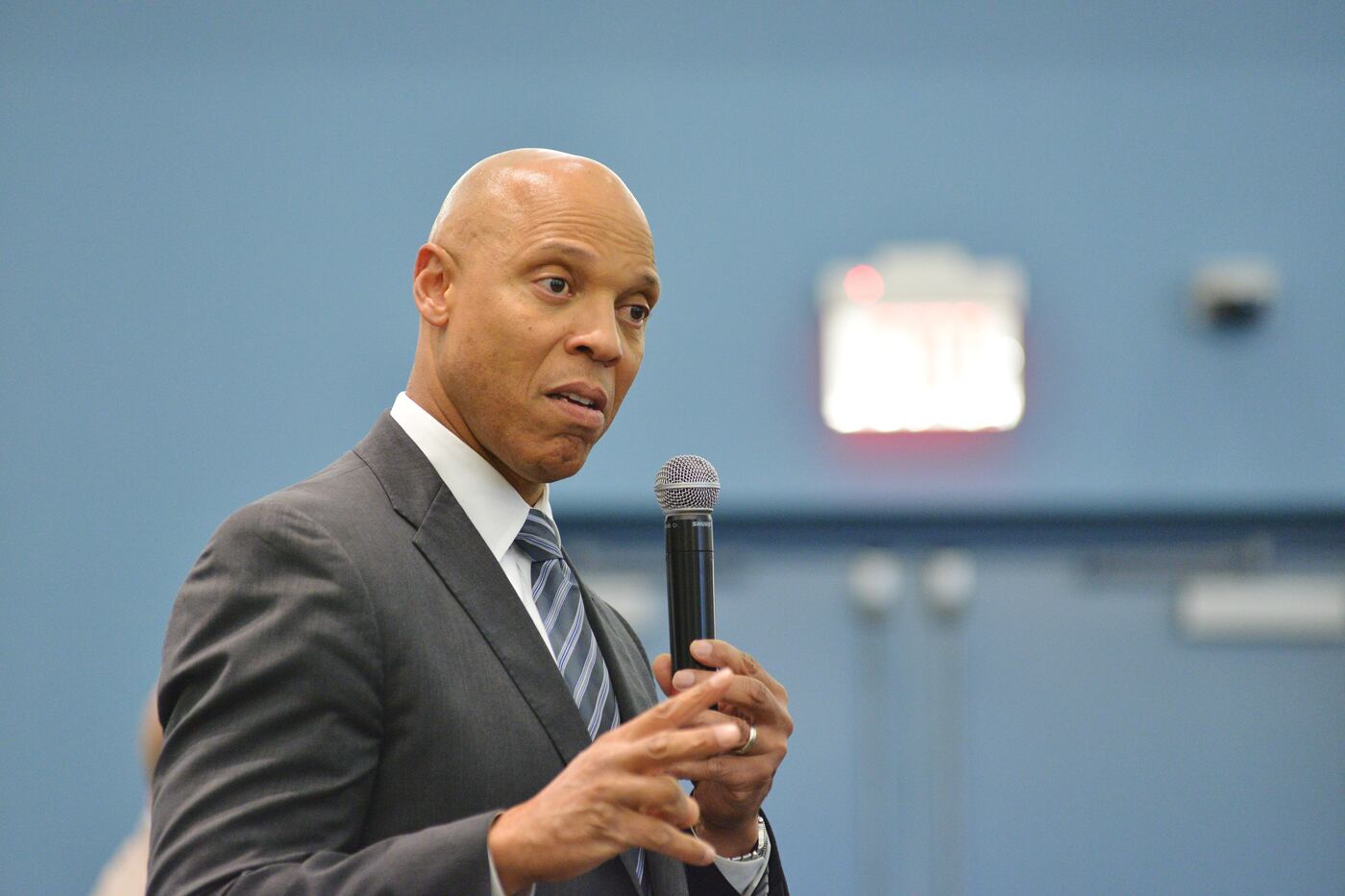The Philadelphia School District will give families more time to request that their children repeat a grade, Superintendent William Hite announced at a Thursday Board of Education meeting.
The new deadline to complete the necessary paperwork will be announced soon. Hite said the district is “continuing to accept forms from families.” Previously, the deadline to submit the paperwork was Thursday.
On June 30, Gov. Tom Wolf signed Act 66, which let parents opt for their children to repeat a grade following two school years disrupted by the pandemic. The law also allows 21-year-old students with Individualized Education Programs one extra year of instruction before they age out of the system. The extension will only apply to Philadelphia, although other Pennsylvania districts are permitted to grant extensions.
Act 66, which passed the General Assembly unanimously, granted families just over two weeks to return the paperwork. But forms didn’t become available on the state and district websites until July 6, narrowing the window. And translations of the form — for the 13% of students in the district who are English language learners — didn’t go up until Tuesday. (Families who need translations can click the gray “Translate” button at the top right corner of the webpage.)
Many families also had trouble filling out the form, which must be printed out, filled out by hand, scanned, and emailed back to the district. To address parent concerns, the district began offering print copies at district headquarters — 440 N. Broad St.
Officials and special education advocates have made extensive efforts to reach families who are most likely to benefit from the law but are the least likely to know about it. The district sent out texts, emails, and robocalls to inform them about the new legislation. And activists such as Anna Perng, a co-founder of the Chinatown Disability Advocacy Project, have been fielding calls, helping families understand the pros and cons of repeating a year.
Perng commended the district for granting families more time.
“The district’s decision to provide an extension is the right call, especially since normal retention policies would not apply to students with disabilities who aged out of the education system,” Perng said. “I hope all 499 other Pennsylvania school districts will follow Philadelphia’s lead.”





